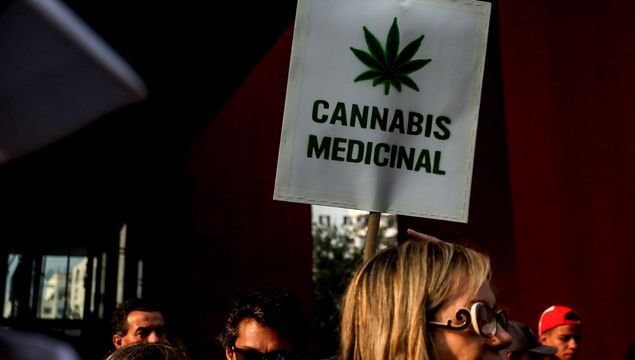Latest Photo Galleries
Brazilian Markets
10h54 Bovespa |
+0,44% | 124.725 |
16h43 Gold |
0,00% | 117 |
10h53 Dollar |
-0,04% | 5,2399 |
16h30 Euro |
+0,49% | 2,65250 |
ADVERTISING
Delay by Sanitary Vigilance Agency in Regulating Marijuana Frustrates Pharmaceutical Firms
07/17/2018 - 12h00
Advertising
JOANA CUNHA
SÃO PAULO
Encouraged by statements made by the President of Anvisa (National Sanitary Vigilance Agency), Jarbas Barbosa, that he would free up regulations regarding the production of marijuana for medicinal purposes, pharmaceutical firms have been waiting to install their production lines here in Brazil in the near term.
Foreign companies have invested in Brazilian operations in search of local partners for production and several of the largest Brazilian pharmaceutical companies have been investigating the subject more profoundly each time that Barbosa has made statements further raising expectations.
But without concrete perspectives for national production, the alternative has been to continue importing the raw material, an option that is more expensive, bureaucratic and has less guarantee regarding quality control, but that is permitted by law.
| Xinhua/Rahel Patrasso | ||
 |
||
| People participate in a march for marijuana legalization, in Sao Paulo on May 26, 2018 |
Currently, cultivation is only permitted for families of medical patients with court authorizations.
Cannabis is used in the treatment of epilepsy, Parkinson's disease and other conditions, a market with a revenue potential of R$ 600 million (US$ 155.4 million) per year when it reaches maturity, according to estimates from companies involved in the sector.
In a twist on his previous statements, Barbosa told this reporter than the process can't be hurried.
"Regulation can't be effected while drowning. It has to be carried out responsibly. This is something that will regulate all of the production, medication and research activities, economic activities", Barbosa said.
The lack of regulation dampens interest in attracting cultivation technology, according to Ivo Bucaresky, a representative of Canadian firm MedReleaf.
"Regulation would facilitate the work of researchers. Today, you have to import in order to conduct research. Importation of the primary raw material, in other words, pure cannabis, is subject to more complex international regulations", he said.
Translated by LLOYD HARDER



